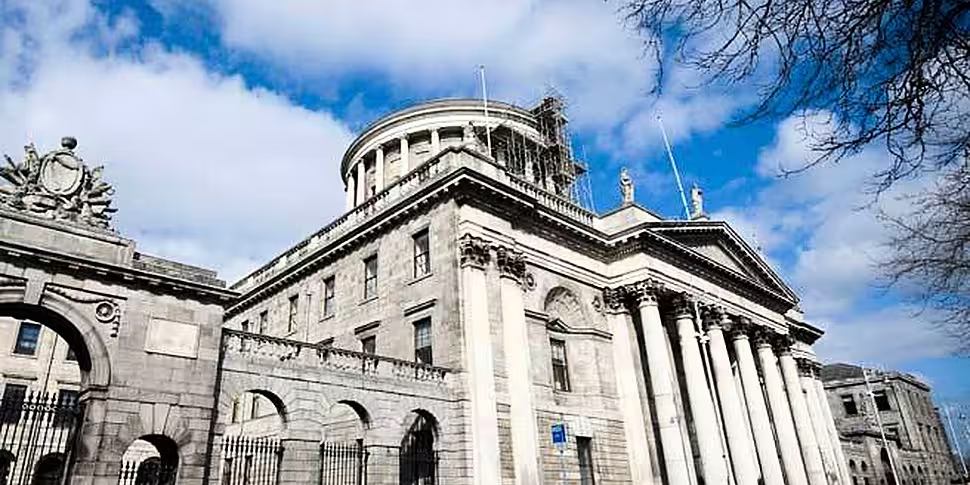A Supreme Court ruling could mean a man acquitted of robbing a bookies will be retried despite the fact evidence against him was obtained unconstitutionally.
However there was strong dissent among the seven judges hearing the appeal, with Mr Justice John Murray concluding that this amounted to changing the goalposts after the game.
If you were acquitted of a crime because evidence against you was obtained unconstitutionally, you might think that would be the end of it.
But a Supreme Court ruling today means the verdict may not be final.
'Mr C' was tried for robbery in the Circuit Court, but the case collapsed when incriminating evidence from his garda interviews was deemed inadmissible because it was obtained unconstitutionally.
The trial judge, Mary-Ellen Ring, followed the letter of the law as it existed at the time - but the Director of Public Prosecutions (DPP) has won an appeal in which it argued that compelling evidence had been erroneously excluded from the case.
The Supreme Court will decide in a couple of weeks whether 'Mr C' should now be retried.
But the decision was by no means unanimous: three judges dissented, including Mr Justice John L Murray, who has described the move as changing the goalposts after the game.









